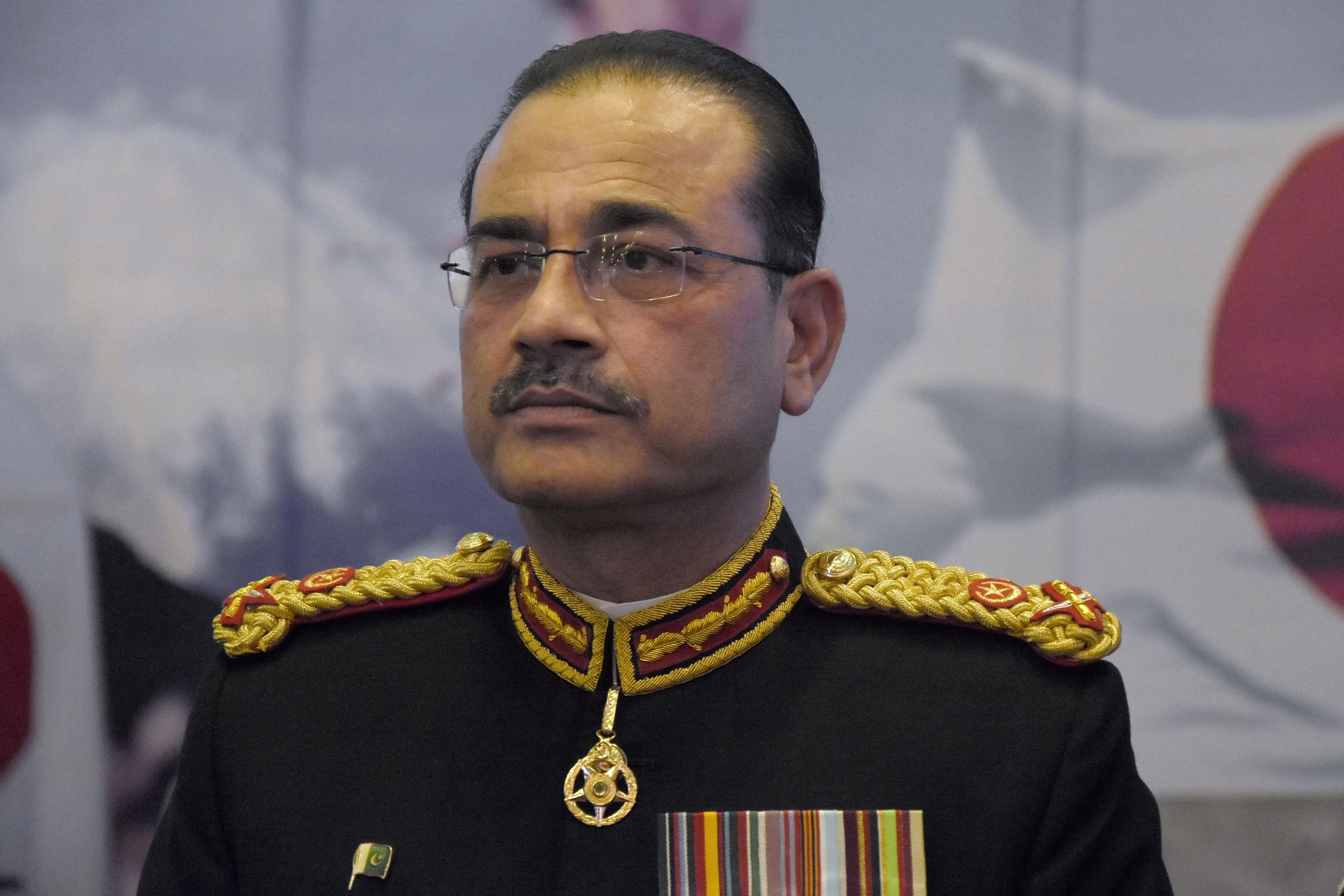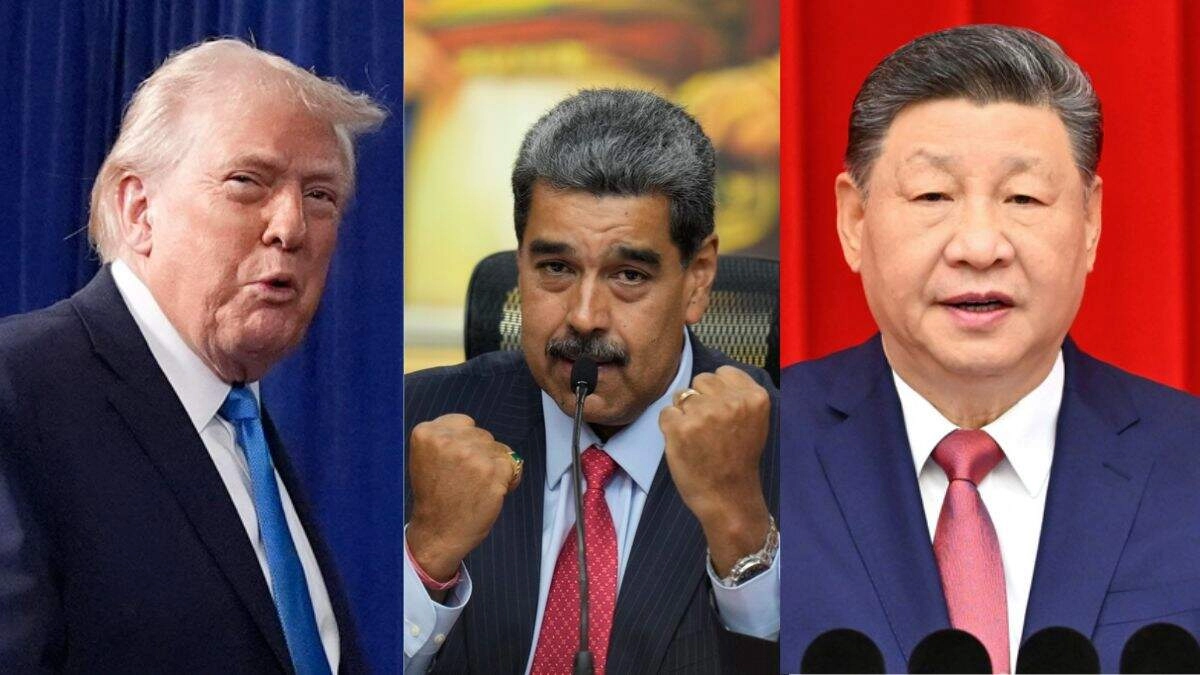In a recent report, Asim Munir, the Chief of Army Staff of Pakistan, has ruled out the possibility of replacing Asif Ali Zardari as the next President of Pakistan. This statement has stirred discussions across political circles, considering the historical significance of leadership transitions within the country. Zardari, a prominent figure in Pakistani politics and the co-chairperson of the Pakistan Peoples Party (PPP), has had a long and complex career, marked by both triumphs and controversies. His leadership reflects the intricate interplay of civilian and military power dynamics in Pakistan, making Munir’s assertion noteworthy.
The backdrop of this announcement is essential to understand the current political landscape in Pakistan. Since assuming office, Asim Munir has navigated various challenges, including economic instability, security concerns, and political unrest. The military has historically played a crucial role in Pakistan’s governance, often influencing or directly participating in political appointments. However, Munir’s decision to distance himself from the presidency signals a potential shift in military-civilian relations and suggests a commitment to a more balanced approach to governance.
Furthermore, this development raises questions about the future of the presidency in Pakistan and the potential candidates who may emerge as contenders. With Zardari’s tenure marked by significant political maneuvers and alliances, the prospect of a new presidency under different leadership could lead to shifts in policies and governance styles. Observers are keenly watching how this decision will impact political alignments and the broader socio-economic landscape of the country. As the political narrative unfolds, citizens and analysts alike will be eager to see how these developments shape the future of Pakistan’s governance.




